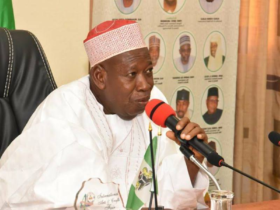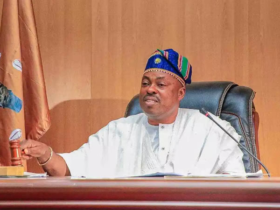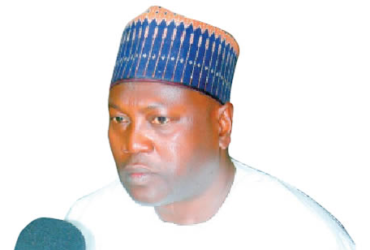The justice system is often seen as the final resort for the average citizen, symbolizing fairness and equity in society. In 2024, Nigeria dealt with various challenges on economic, political, and social fronts, with the judiciary playing a crucial role in resolving disputes and upholding constitutional values. The year witnessed significant judicial decisions and controversies that influenced the country’s legal framework.
Court rulings on diverse issues like election results, human rights violations, public demonstrations, governmental corruption, and other key topics left a lasting impact on Nigeria’s judicial system. These legal events of 2024 had repercussions on governance and justice within the nation.
Various incidents unfolded throughout the year, stirring both praise and criticism. Notable among these was the trial of protesters involved in the #EndBadGovernance movement, which led to their arraignment and subsequent bail. Additionally, there were legal battles in Rivers State, a Supreme Court decision upholding governorship elections, and the reinstatement of Edo State’s Deputy Governor, among other significant events.
The judiciary’s role in upholding the rule of law was underscored by the Supreme Court’s ruling affirming the financial autonomy of local governments in Nigeria. Furthermore, the appointment of Justice Kudirat Kekere-Ekun as the Chief Justice of Nigeria marked a historic moment for the country’s legal system.
Cases involving high-profile individuals like former Governor Yahaya Bello and legal disputes such as the defamation charge against Dele Farotimi by Aare Afe Babalola added layers of complexity to the judicial landscape in 2024. These events collectively showcased the judiciary’s pivotal role in upholding justice and maintaining the rule of law in Nigeria.
















Leave a Reply